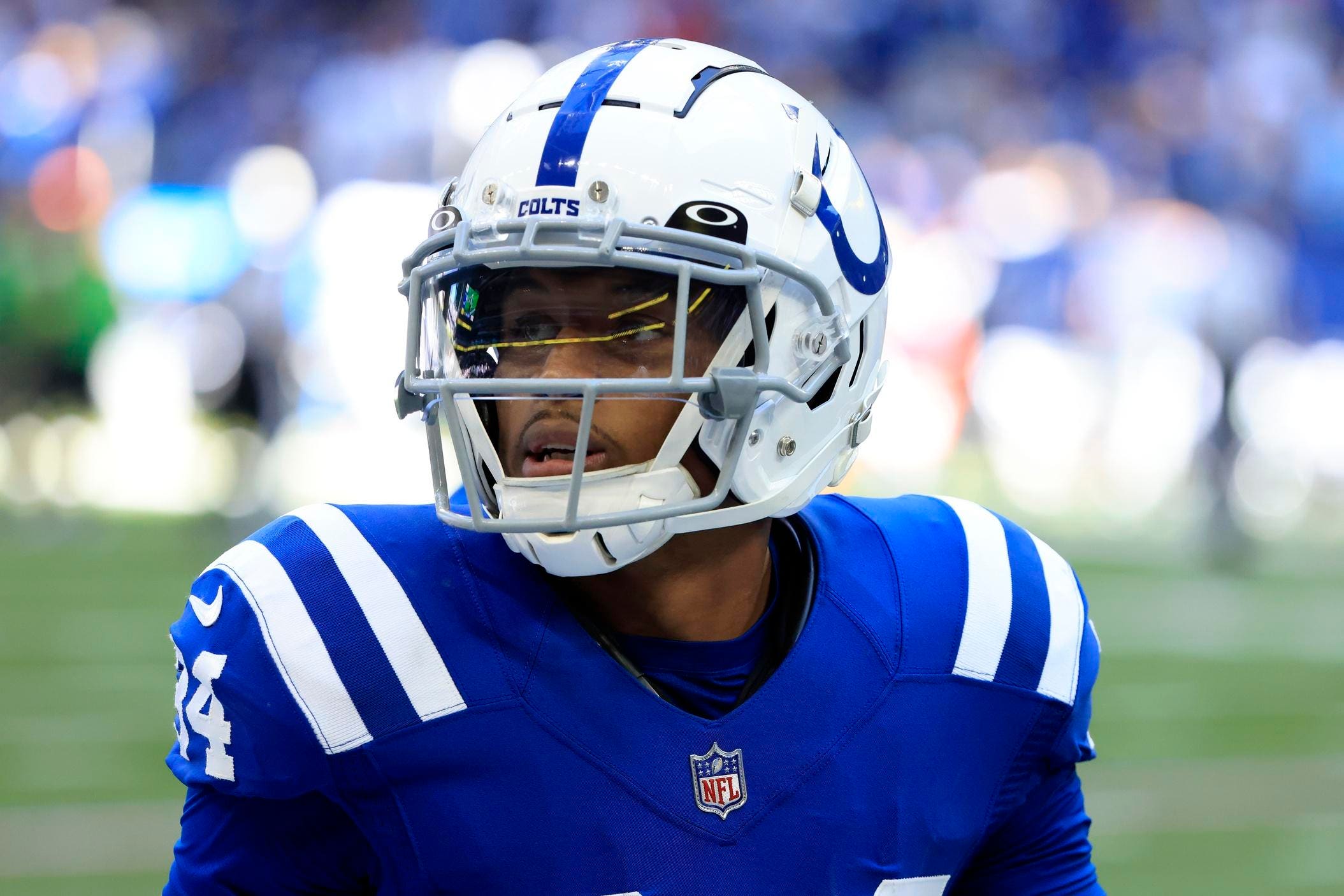
With preseason still more than a month away, but the draft two months in the past, this is the quiet part of the NFL offseason. Quiet, that is, except for one storyline that just seems to keep on cropping up.
In recent times, the National Football League has witnessed a concerning increase in the number of players being suspended for gambling-related offences. According to a piece by USA Today, 14 players in the 103-year history of the NFL have been suspended for gambling, nine of whom have come in the last two months.
This surge in cases coincides with – but is not coincidental to – the liberalisation of sports betting in the United States. In short order, it seems as though the NFL has decided it has another problem on its hands.
The legalisation of sports betting in various states across the country over the last few years, and particularly so since 2018, when the Supreme Court overturned the Professional and Amateur Sports Protection Act (a law which had effectively made sports betting illegal outside of Nevada and a few other states). These legal developments, combined with the rise of online betting platforms and the integration of sports gambling into mainstream media, has made gambling more accessible and visible.
NFL players face increased exposure to the temptations of gambling, buoyed by social media, while the advent of cryptocurrencies and digital payment methods has potentially made it easier to discreetly gamble. The perception of compromised integrity and undermining the fairness and credibility of the NFL as a whole has seen the recent cases be dealt with in an uncharacteristically firm way by a league still trying to distance itself from the infamous Ray Rice leniency.
This is not a uniquely NFL problem. An obvious point of comparison is that of Pete Rose, the legendary baseball player who is not allowed to enjoy his status as a legend due to being a persona non grata through betting on his own team’s results (compounding by lying about it). Football (the soccer version) has also had an extensive history of gambling, betting and match-fixing scandals, and even the world of snooker has recently expelled some of its own high-profile players for fixing matches, an act highly adjacent to simple betting violations. Betting on sports isn’t an NFL problem; it’s a world of sports problem.
The NFL, though, seems to leading the pack right now.
The newfound acceptance and prevalence of sports betting create a potential conflict of interest for players. The financial incentives from gambling lead players to compromise their performance, team dynamics and – when to the extent of match-fixing – game outcomes.
To mitigate the risks, the NFL, along with its stakeholders, should take proactive measures. Education and awareness programs should be implemented to educate players about the potential consequences of gambling, including the legal and disciplinary ramifications, focusing on promoting responsible behaviours.
Moreover, the NFL should strengthen its monitoring and enforcement systems. The league can – and, frankly, must – collaborate with sports betting operators to share information and identify any suspicious betting patterns that may indicate player involvement.
By implementing comprehensive education programs, strengthening monitoring systems, and implementing and enforcing stringent regulations, the NFL can protect its own integrity and hopefully prevent further instances of gambling-related misconduct. Until then, they will at least try and look tough.